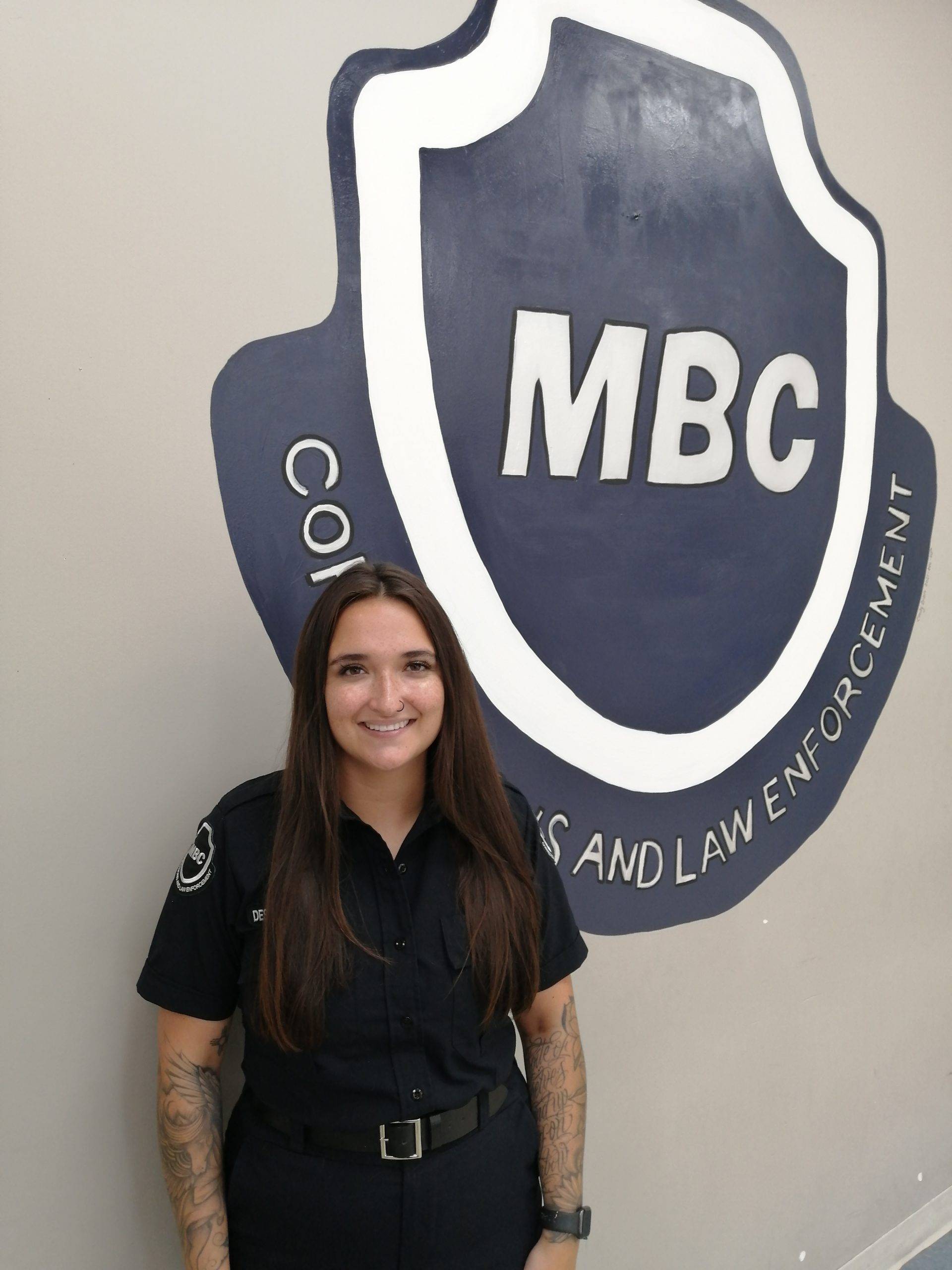In response to this issue, many people have called for more punitive measures, such as increased law enforcement and stricter penalties for drug offences. However, while these measures may show effects, they are unlikely to be the solution to the issue.
Instead, efficient counselling sessions may be the answer to Canada’s rising substance abuse issue.
How Counselling Works in This Matter
Counselling is an effective tool for addressing substance abuse because it treats the underlying causes of the problem. Rather than simply punishing people for using drugs, counselling seeks to understand why people turn to drugs in the first place.
Often, substance abuse is linked to underlying mental health issues, such as depression, anxiety, or trauma.
Addressing these issues through counselling, people can learn healthier coping mechanisms and strategies for managing their symptoms without turning to drugs.
Counselling can also help people to develop a support system that is essential for long-term recovery. Substance abuse can be isolating, and people may feel like they are alone in their struggles.
By attending counselling sessions, people can connect with others who are going through similar challenges and build a community of support. This support can be crucial for staying motivated and avoiding relapse.
Counselling types effective for those with addictions
One type of counselling that has been shown to be particularly effective for substance abuse is cognitive-behavioral therapy (CBT). CBT is a type of talk therapy that helps people to identify and change negative thought patterns and behaviours.
For people struggling with substance abuse, CBT can help them to identify triggers for drug use, develop coping strategies for dealing with those triggers, and build skills for managing cravings and other symptoms of withdrawal.
Another effective form of counselling for substance abuse is group therapy: allowing people to connect with others who are going through similar struggles and share their experiences. This can be especially helpful for people who feel like they are alone in their struggles or who have difficulty opening up in one-on-one counselling sessions.
However, it’s important to note that counselling alone may not be enough to address all cases of substance abuse. In some cases, medication-assisted treatment may be necessary to help people manage the physical symptoms of withdrawal and cravings.
Additionally, counselling may need to be paired with other supportive services, such as housing assistance or employment services, to address the social determinants of health that can contribute to substance abuse.
To sum it up, counselling has the potential to be a powerful tool for addressing Canada’s rising substance abuse issue.
By treating the underlying causes of substance abuse, developing a support system, and building coping strategies for dealing with triggers and cravings, people can overcome their addiction and live a healthier, more fulfilling life.
Train at Maritime Business College to be an addictions counsellor!
How would you like to help with Canada’s, and Nova Scotia’s, issues personally? We offer counselling training, to help you make a difference for everyone.
Through the counselling skills diploma program, you can be a vehicle for change in the lives of others, especially with our dedicated module to address addictions counselling.
Need more insight regarding counselling? Read more from students at Maritime Business College about how counselling — and being a counsellor — has changed their life, and others’, too.
Why not dedicate your professional life to help others be their better version of themselves? See more at our Counselling Skills page!


